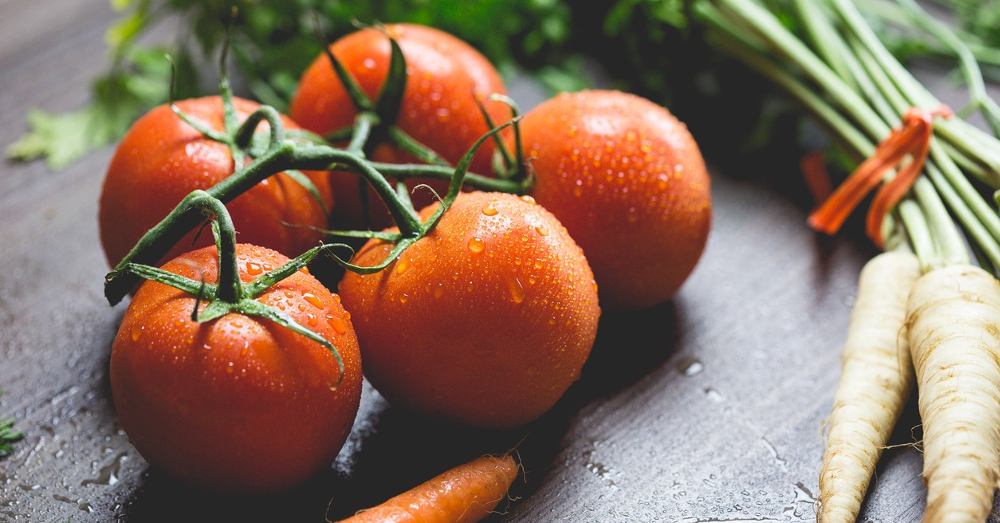
Rep. Chellie Pingree: We Must Act to Protect Integrity of the Certified Organic Label
The Congresswoman and organic farmer from Maine urges the Trump Administration to strengthen oversight and add resources to the organic certification process.
June 22, 2017 | Source: Civil Eats | by Chellie Pingree
As a longtime farmer, I work hard to ensure that food I sell with a U.S. Department of Agriculture (USDA) certified organic logo lives up to that label’s stringent standards. And I know the vast majority of organic farmers, processors, and handlers are equally committed to adhering to those high standards. The value of our business depends on customers trusting that they get what they pay for.
That’s why I’ve been infuriated and troubled by recent investigative reports revealing gaps in the organic certification process. These articles have suggested that milk from a major domestic producer as well as imported corn and soybeans have been sold as certified organic, even though they reportedly failed to meet the USDA standards for that coveted label.
Stories like this should sound an alarm for Congress and the USDA. Failing to uphold the organic standards could blow a hole in one of the fastest-growing areas of agriculture. Inaction also harms certified organic farmers who are helping to grow the rural economy in states like mine by using the label to draw buyers and remain competitive.
Meeting organic certification standards costs farmers time and money. For instance, Abby Sadauckus and Jake Galle raise a variety of certified organic livestock at Apple Creek Farm in Bowdoinham, Maine. Among their expenses for meeting USDA standards are organic feed for their livestock—which costs them about 50 percent more than conventional grain—annual certification fees, and inspections.
When we allow rule-breakers to sow seeds of doubt about the organic label’s integrity, it hurts farmers like Abby and Jake who are committed to organic practices. It also jeopardizes the future of the industry as a whole. Consumers are willing to pay a premium for certified organic products because they value the sustainable practices that go into them—but only if we can keep their trust.
